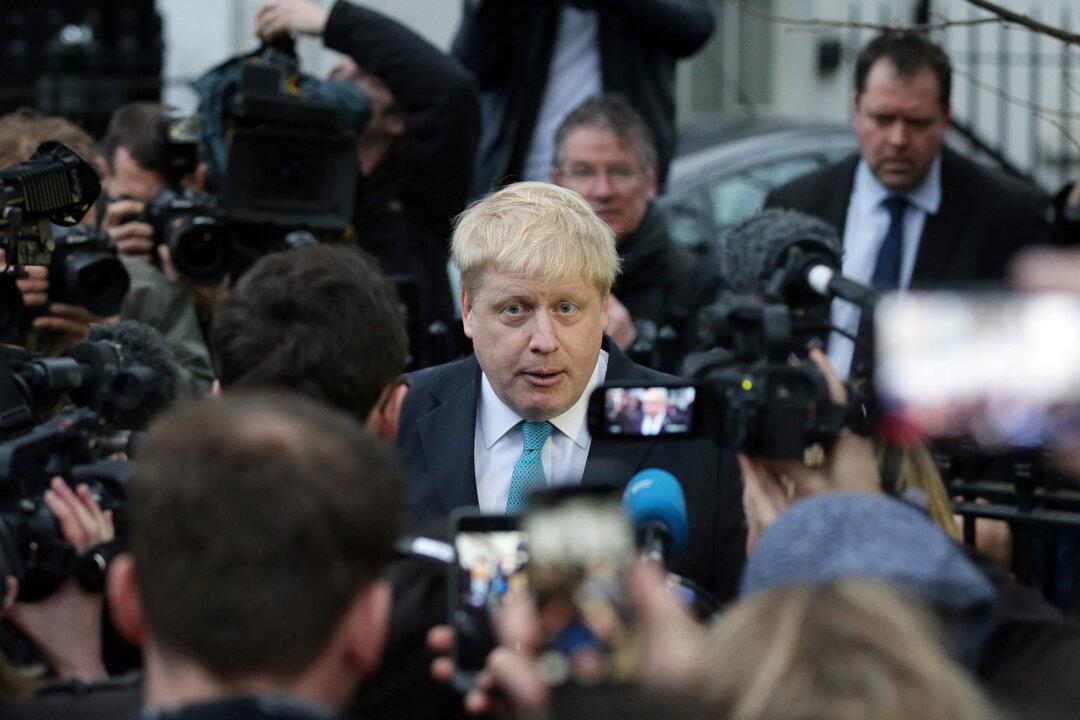LONDON—Tempers are flaring and insults are flying in Britain’s battle over the European Union. Leading campaigners have branded one another elitist, irrelevant and unfit to run a sweet shop—and they’re all on the same side.
With less than three months to go until a June 23 referendum, Britain’s anti-EU campaigners are bitterly divided, with two rival camps battling over which will be the standard-bearer in the campaign—and over how to win the historic vote.
Will voters make up their minds based on concerns about immigration and national sovereignty, or on worries about the value of the pound in their pocket? How to answer that question divides the two rival anti-EU groups, Grassroots Out and Vote Leave.
“The other campaign is much more ‘Immigration, immigration, immigration,’” said Vote Leave spokesman Robert Oxley. “They think they can win on immigration alone.”






